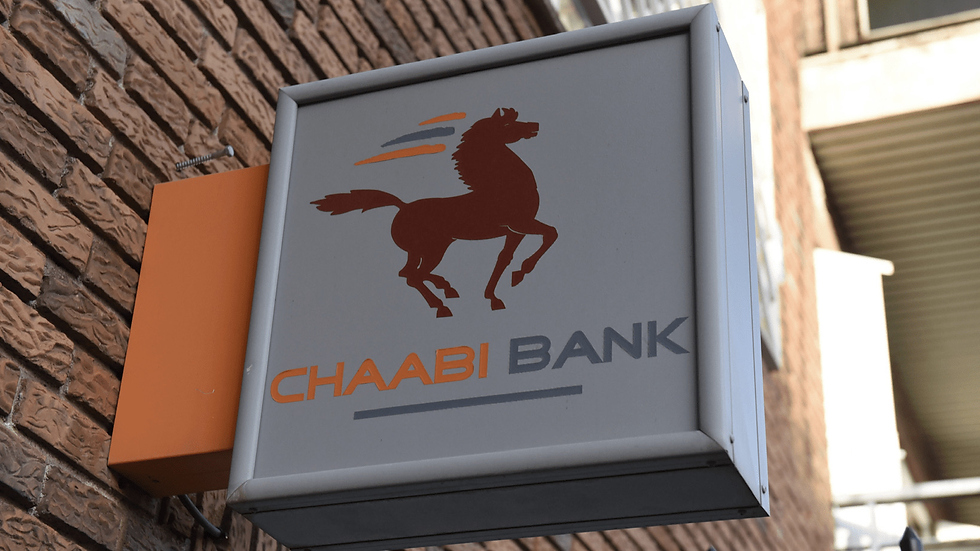How Wynn Las Vegas’ Hidden Chinese Money Pipeline Finally Came to Light
- Flexi Group
- 1 hour ago
- 3 min read
In September 2024, Wynn Las Vegas agreed to surrender $130 million to the US Department of Justice after admitting it had “conspired with unlicensed money transmitting businesses that moved millions of dollars in illicit funds through the casino.”

At the time, the public was given only a broad outline of the violations, with little detail about the mechanics of the underground transfers, the role of casino staff, or how drug cartel proceeds ultimately ended up funding high-stakes gambling on the Strip.
A new CNN investigation has now filled in those gaps. After reviewing hundreds of pages of court filings and speaking with investigators directly involved in the case, CNN uncovered how Chinese underground bankers, cash tied to fentanyl trafficking, and Wynn VIP hosts were all part of a multilayered scheme that channeled millions into the casino.
Inside the operation, middlemen such as Lei Zhang acted as fixers for Chinese high-rollers who were constrained by Beijing’s strict rules on moving money across borders — limits that cap overseas transfers at $50,000 per year. These gamblers needed far more liquidity, and intermediaries met that demand by supplying US dollars sourced from criminal networks, including proceeds from drug sales and prostitution. The gamblers would then repay the intermediaries through bank accounts in China, bypassing US financial scrutiny.
Wynn employees also had a hand in facilitating these transactions. VIP hosts set up meetings between the couriers and gamblers in hotel rooms, restrooms, and other secluded spaces within the casino. Cash would be exchanged discreetly, helping both gamblers and money movers evade US and international transfer regulations as well as federal anti-money laundering obligations. Investigators told CNN they traced portions of the cash directly to “prostitution, human smuggling and the street sale of deadly drugs.” As former DEA official Chris Urben put it: “Forty-eight hours ago, that was the proceeds of fentanyl.”
The investigation began in 2018, when another Las Vegas casino spotted suspicious behavior: men arriving with satchels, meeting with casino hosts, and leaving without placing a single bet. That tip set off a chain of events that led to the 2019 arrests of Zhang and three other Chinese nationals — Bing Han, Liang Zhou, and Fan Wang — who operated as couriers in the illicit network. Subpoenaed phone records later revealed constant communication between the men and Wynn hosts: investigators found they spoke “multiple times a day every day.” Surveillance ultimately captured regular cash drops that were soon tied to criminal activity.
Undercover operations soon followed. In one sting in May 2019, investigators arranged what Zhang believed was a $150,000 cash delivery in a hotel room. They seized “four brick-sized stacks of cash” from his bag. A woman accompanying him carried multiple phones and was later identified as operating an escort service. Authorities determined that two-thirds of the money she carried belonged to her.
By the end of 2020, all four defendants had pleaded guilty to running an unlicensed money-transmitting business. Zhang forfeited $150,000 and was sentenced to 15 months in federal prison, while the others also gave up hundreds of thousands of dollars. One prosecutor estimated in court that the broader money pipeline moved “in the hundred-million dollar range” each year.
The fallout continued. Months after the federal forfeiture, the state of Nevada imposed its own penalty. In May 2025, the Nevada Gaming Commission fined Wynn $5.5 million, finding extensive compliance failures tied to the employee misconduct uncovered in the federal case. According to CNN’s reporting, state regulators concluded that Wynn suffered “significant compliance breakdowns,” though they also acknowledged the company’s cooperation and remedial measures.
The revelations come amid years of heightened scrutiny surrounding Wynn Resorts’ governance and oversight. Following multiple sexual misconduct allegations against founder Steve Wynn, he resigned in 2018. In July 2023, the Nevada Gaming Commission finalized a settlement requiring he pay $10 million and sever all ties with the company. Wynn Resorts itself faced multimillion-dollar settlements resolving shareholder litigation over the scandal.
This background underscores the growing regulatory pressures that have surrounded the company well before the money-laundering failures emerged.
Wynn Resorts told CNN it worked closely with investigators, terminated the employees involved, and emphasized that their conduct violated company policies. The company stated: “Wynn is committed to upholding the highest standards of integrity, compliance, and regulatory responsibility. We accept responsibility for the historical deficiencies identified, have taken meaningful remediation, and are dedicated to ensuring that such failures do not reoccur.” As part of its settlement obligations, Wynn added senior compliance leadership, created an independent oversight committee, and strengthened its anti-money laundering safeguards.
By fLEXI tEAM
.png)
.png)







Comments